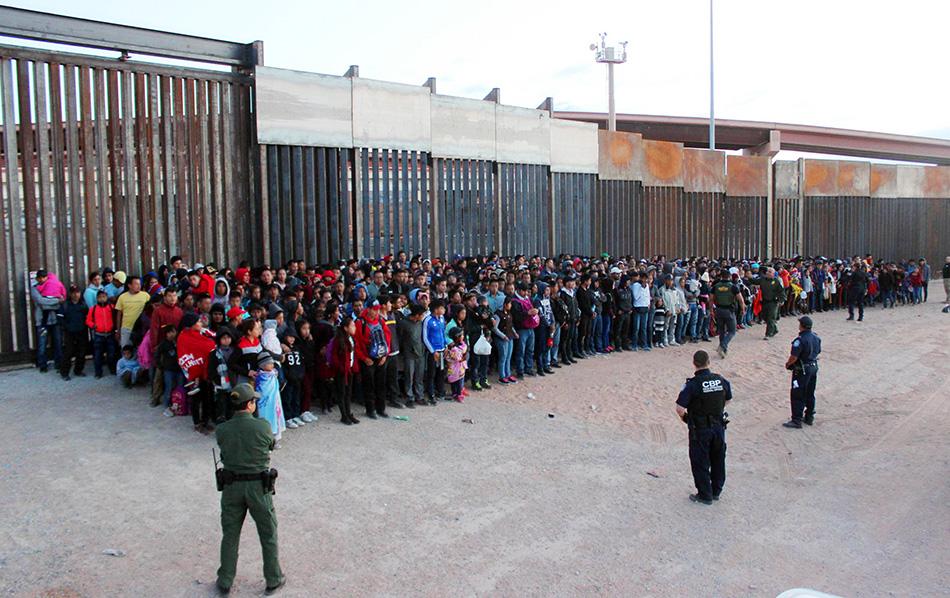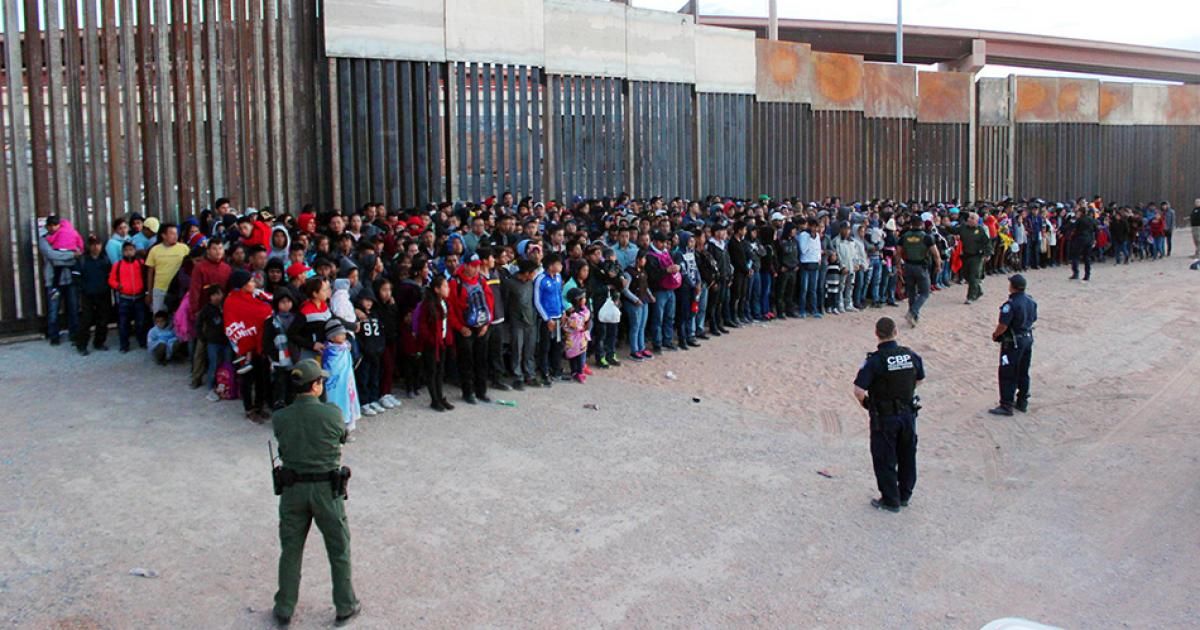
I'm doing a human rights-focused read of the summary of the immigration bill Biden is slated to send to Congress today. @hrw cdn.vox-cdn.com/uploads/chorus… A lot of good! Some downers. Thread: 

Right off the top, it's wonderful to the see the Admin describe the bill as aimed at managing the border. This seems to suggest that they are moving away from a security-only approach that tends to see migrants (mostly) as threats.
And of course, providing a path to legalization for migrants who are deeply rooted in the United States is an urgent human rights priority!!! The US systematically violates migrants' rights to home and family.
(Human rights law says those factors must be considered before deportation - over 5 million people since the mid-1990s have been deported without those protections, ripping families and communities apart.)
Another hopefully telling vocabulary maneuver, the bill changes the alienating word alien to non-citizen in the US' immigration laws. Good. The word alien contributes to dehumanization in public discourse.
The bill appears to include a bunch MUCH needed technical fixes that will help the US immigration system run more quickly and fairly. Details will be key but this is an important human rights goal. Delays harm people who are seeking to be with family or build their lives.
I'm a bit worried about the border provisions. It looks like the administration may not be taking a firm enough line on accountability within DHS, and particularly CBP.
First off the bat appears to be a bunch of new money for DHS to deploy technology. I'd want to know whether that budget allocation has taken in to account the impact of border surveillance on fundamental rights to privacy. I'm guessing, sadly, it has not.
Next is providing "training" to promote officer professionalism Okay. But WAY MORE than training is going to be necessary. There will be no way to ensure that the culture of impunity at DHS/CBP without accountability.
Providing more funding to the Office of Professional Responsibility to "investigate criminal and administrative misconduct" is probably a step in the right direction. But I'm not seeing language that recognizes that there is a crisis in oversight within these agencies.
And then there is money to "crackdown on criminal organizations" that doesn't seem to recognize that one of the very best ways to do that is to manage migration flows.
Money w/o accountability isn't a solution. CBP successfully petitioned Congress for additional emergency funding in 2019, claiming to be overwhelmed by the # of kids and families, then failed to spend it on food and medicine.
Some recommendations from @hrw on immediate steps to take to address accountability are here hrw.org/news/2021/01/1…
Glad to see in the section on addressing root causes that there is both foreign assistance to countries of forced migration as well as some gesture to expanding safe and legal pathways, particularly for people traveling to reunite with families.
The bill tackles the immigration court system, which is essential. There is now a jaw-dropping 1.3 million case backlog, according to @TRACReports. Hope these measures are fair and aggressive in terms of fixing the system's flaws.
I'm concerned that that there is no messaging about also ending mandatory detention and summary deportation procedures -- like expedited removal. These provisions of US law cause enormous harm to. migrants and asylum seekers.
And as @morelospam points out below, it's doesn't tackle the immigration detention system or ICE. That's a human rights hole you can drive a bus through.
The one exception being that the bill promises to expand the Family Case Management Program, which is a detention alternative that has an excellent initial record of making immigration adjudications more fair and dignified.
Until there's actual legislative language to parse, that's all for now. Voters elected Biden to enact a human rights agenda on immigration. Now they will have to hold him to it, celebrating what's good but not letting up the pressure to fulfill his promise to prioritize rights.
• • •
Missing some Tweet in this thread? You can try to
force a refresh




